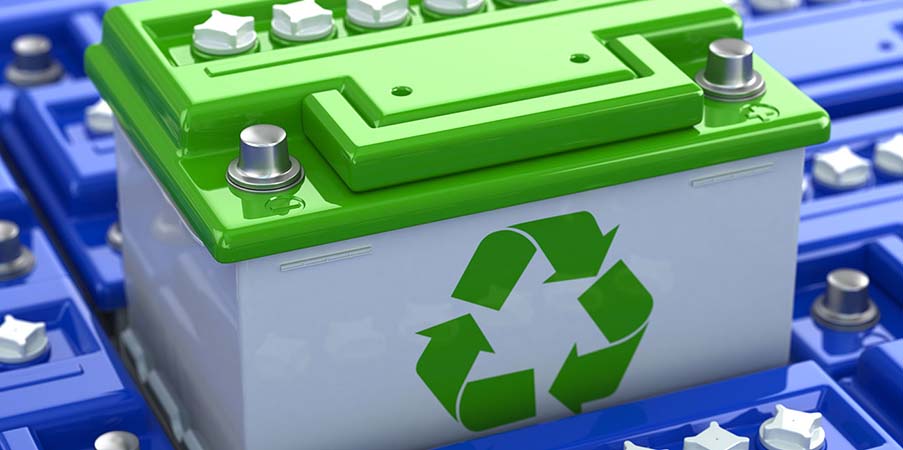As the use of lithium iron phosphate or Lifepo4 batteries continues to grow in popularity as well as the demand for lifepo4-energy, it is important to know their environmental impact and how to properly dispose of or recycle them. Battery recycling is crucial to reduce the environmental impact of battery production and disposal, as well as recovering valuable materials that can still be sued to create new batteries.
What are Lifepo4 Batteries Made of and How are they Recycled?
Lifepo4 batteries contain materials such as iron, phosphate, and lithium, which can be recycled through various processes. The recycling process includes the disassembling of the battery and separating its different components such as their cathodes, anodes, and electrolytes. The components are then processed to recover valuable materials such as iron, cobalt, and nickel.
Benefits of Recycling Lifepo4 Batteries
One of the main benefits of recycling Lifepo4 batteries is the recovery of valuable materials that are used to create new batteries. Lithium, for example, is a finite resource that has become one of the most important materials for battery production. By recycling Lifepo4 batteries, lithium can be recovered and reused in new battery production which results in the reduced need for new lithium mining.
Another benefit of Lifepo4 battery recycling is the reduction of environmental impact. Batteries contain materials that can very much harm the environment if not disposed of properly like heavy metals and toxic chemicals. By recycling batteries, these materials can be extracted and reused safely to prevent them from ending up in landfills which would just add to the pollution of the environment.
Aside from the environmental benefits, recycling dead batteries can also benefit the economy. By recovering valuable materials, recycling can help reduce the cost of manufacturing new batteries. This can make battery production more sustainable and hopefully more cost-effective in the long run.
It is important to note that not all recycling methods are created equal. Some methods of recycling batteries can actually do more harm to the environment than just properly disposing of them. For example, burning batteries can release toxic fumes that could cause air pollution. So it is very important to choose a reputable recycling company that uses environmentally friendly methods.
Battery Recycling Industry
The battery recycling industry is growing as much as the Lifepo4 battery industry itself. Many companies have started offering battery recycling services for Lifepo4 products. It is important to choose a company that is certified and that follows the proper recycling practices. Battery recycling companies must have the Responsible Recycling certification which ensures that they are following the strict guidelines for responsible and safe recycling practices.
Consumers can also take even the smallest steps to reduce the environmental impact of batteries by properly disposing of them and recycling them whenever possible. This includes checking with local recycling facilities for proper disposal methods and choosing products and companies that are known to prioritize sustainability and environmental responsibility.
Conclusion
In conclusion, battery recycling is an important aspect of reducing the environmental impact of Lifepo4 batteries and other battery chemistries. By recovering valuable materials and reducing the amount of toxic materials that end up in landfills or the environment, recycling can make battery production more sustainable and cost-effective. It is important to choose a reputable recycling company that follows environmentally friendly and safe recycling practices.
